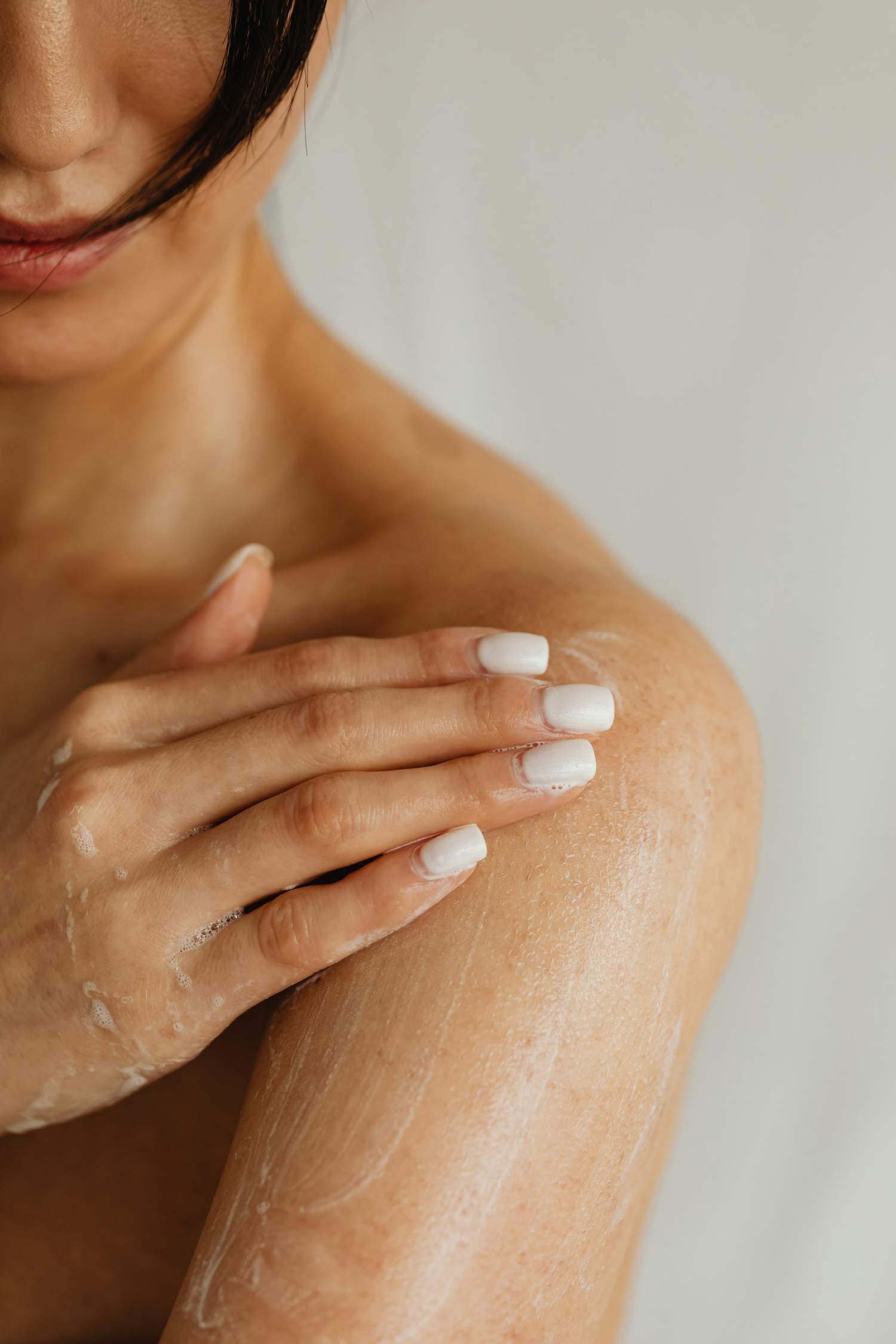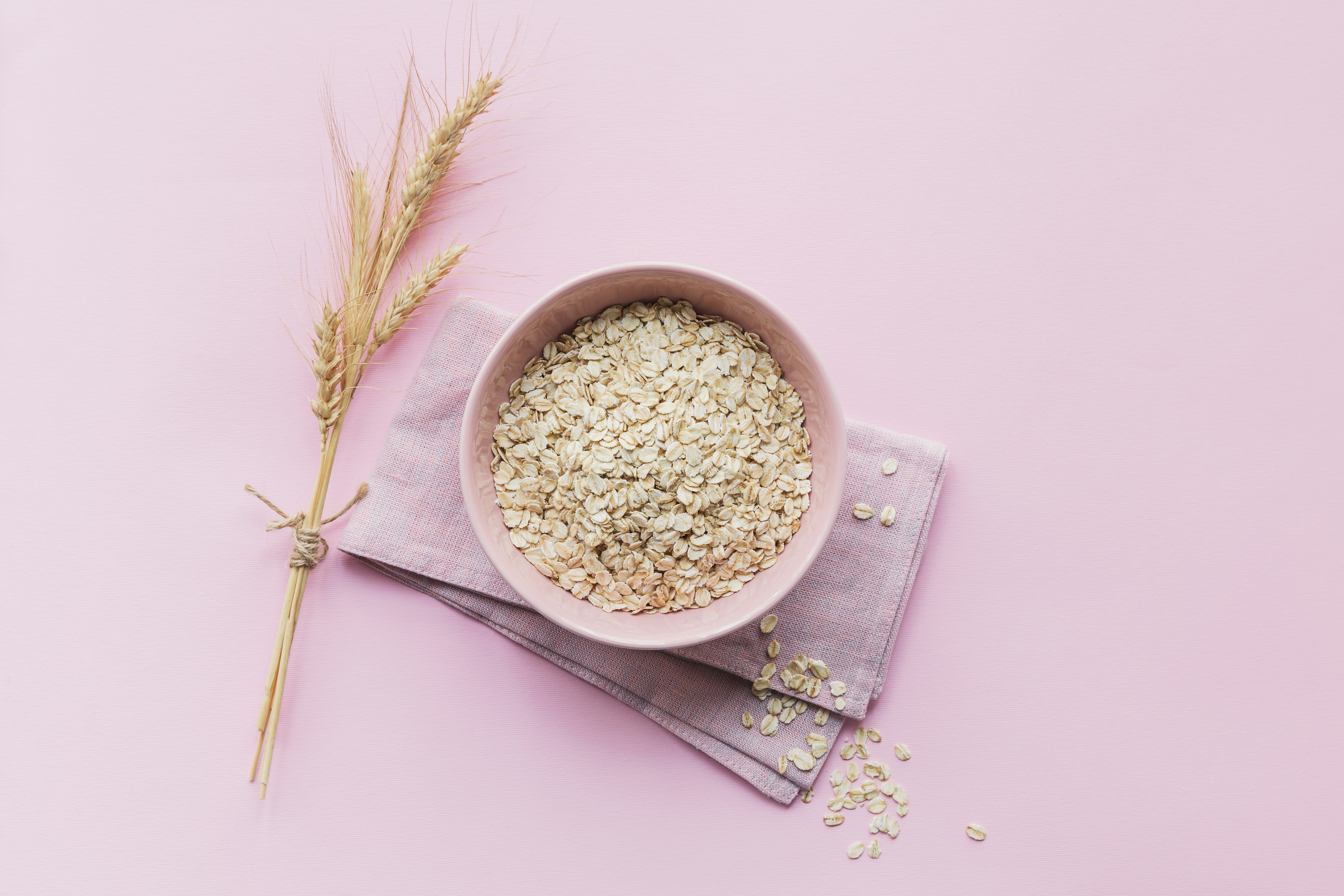Biotin
Biotin: The essential vitamin for energy and beauty
Biotin, also known as vitamin B7 or vitamin H, is an essential, water-soluble B vitamin that is essential for various physiological processes.

What is biotin good for?
Here are some of the main benefits of biotin for the body:
Biotin is best known for its role in promoting the health of hair, skin and nails. A lack of biotin can lead to hair loss, brittle nails and skin problems. Supplementing with biotin can help improve these symptoms.
Biotin is a coenzyme for several enzymes that are involved in important metabolic processes. It plays a role in the conversion of food into energy and supports the metabolism of fats, carbohydrates and proteins.
Some studies suggest that biotin may help regulate blood sugar levels in people with diabetes by influencing gluconeogenesis (the production of glucose from non-carbohydrate sources) and improving insulin sensitivity.
Biotin is important for embryonic development, and a deficiency during pregnancy can lead to birth defects. For this reason, it is important that pregnant women ensure they are getting enough biotin through their diet or supplements.
Biotin plays a role in neurotransmitter activity and nerve health. A deficiency can lead to neurological symptoms such as depression, lethargy and even hallucinations.
Biotin influences gene expression and is involved in the synthesis of fatty acids and the regulation of cell growth.
How can a biotin deficiency manifest itself?
The following symptoms may indicate that you are consuming too little biotin:
- Dry skin
- Hair loss and thin hair
- Muscle pain
- Digestive problems
- Poor performance
- Loss of appetite
- Susceptibility to infection
- Red rash around the eyes and/or mouth
- Depressive moods and insomnia
- Visual disturbances
- Nerve damage and neuronal pain (tingling sensation in the limbs, often accompanied by numbness)
- Low blood pressure

What is the daily requirement for biotin?
| Phase of life | Requirement (mcg/day) |
| Babies | 4 – 6 |
| Children | 20 – 35 |
| Teenagers and adults | 40 |
| Pregnancy | 40 |
| Breastfeeding | 45 |
Which foods contain biotin?
Biotin is found in many foods, including egg yolks, nuts and seeds, wholegrain products, oatmeal, meat, fish and certain vegetables such as sweet potatoes.
Examples of biotin content in foods per 100g:
- Hazelnuts: 62 mcg
- Beef kidney: 58 mcg
- Soybeans: 23 mcg
- Oat flakes: 20 mcg
- Boiled egg: 20 mcg
- Mushrooms: 16 mcg
- Quark: 6 mcg
- Beef: 3 mcg
Please note that around 20% of the biotin content is lost during cooking. Vitamin B7 is sensitive to heat and is destroyed if cooked for too long. It is also sensitive to UV light.

Preventing and treating biotin deficiency
In the event of a deficiency, those affected should pay more attention to the consumption of biotin-containing foods. Sometimes it can also be useful to take biotin in the form of a dietary supplement. If the biotin intake sufficiently covers the daily requirement, some symptoms often improve within a few days, while problems such as brittle nails due to a biotin deficiency usually require several months of intake.
Discover the high-quality products from kingnature with biotin:
